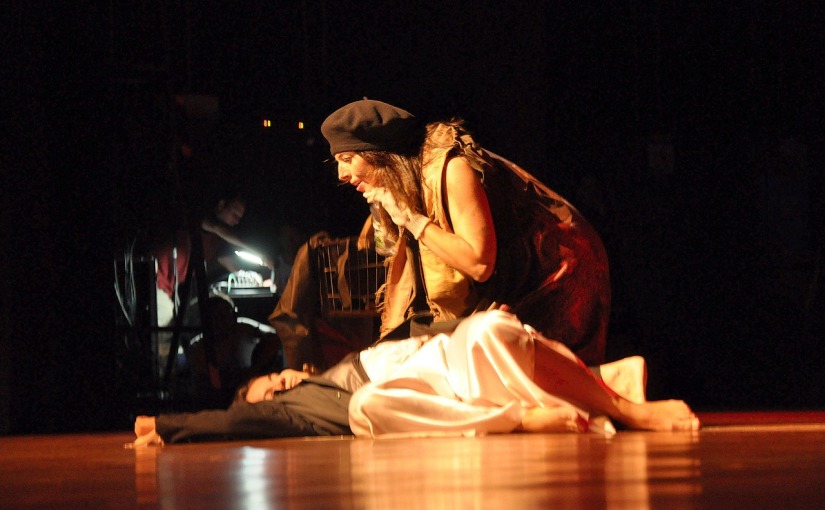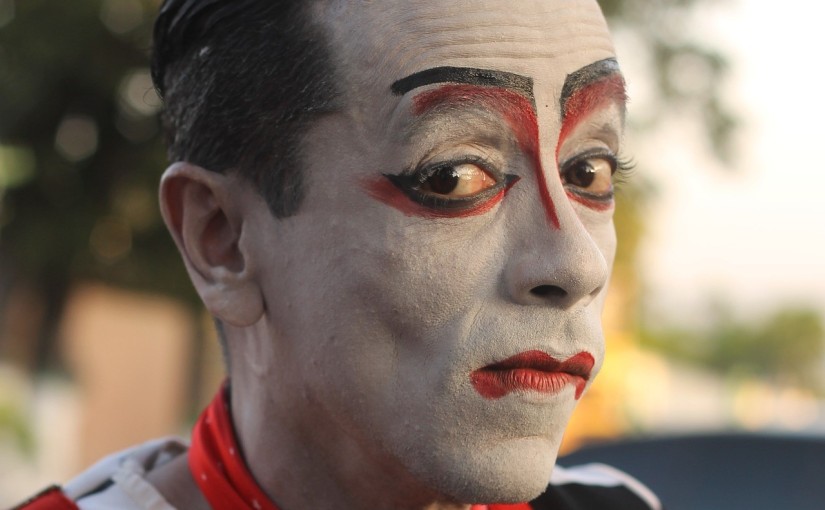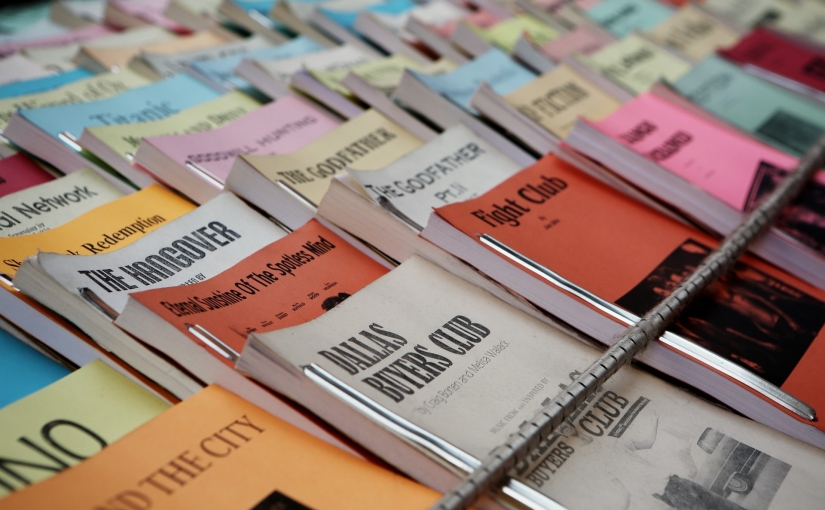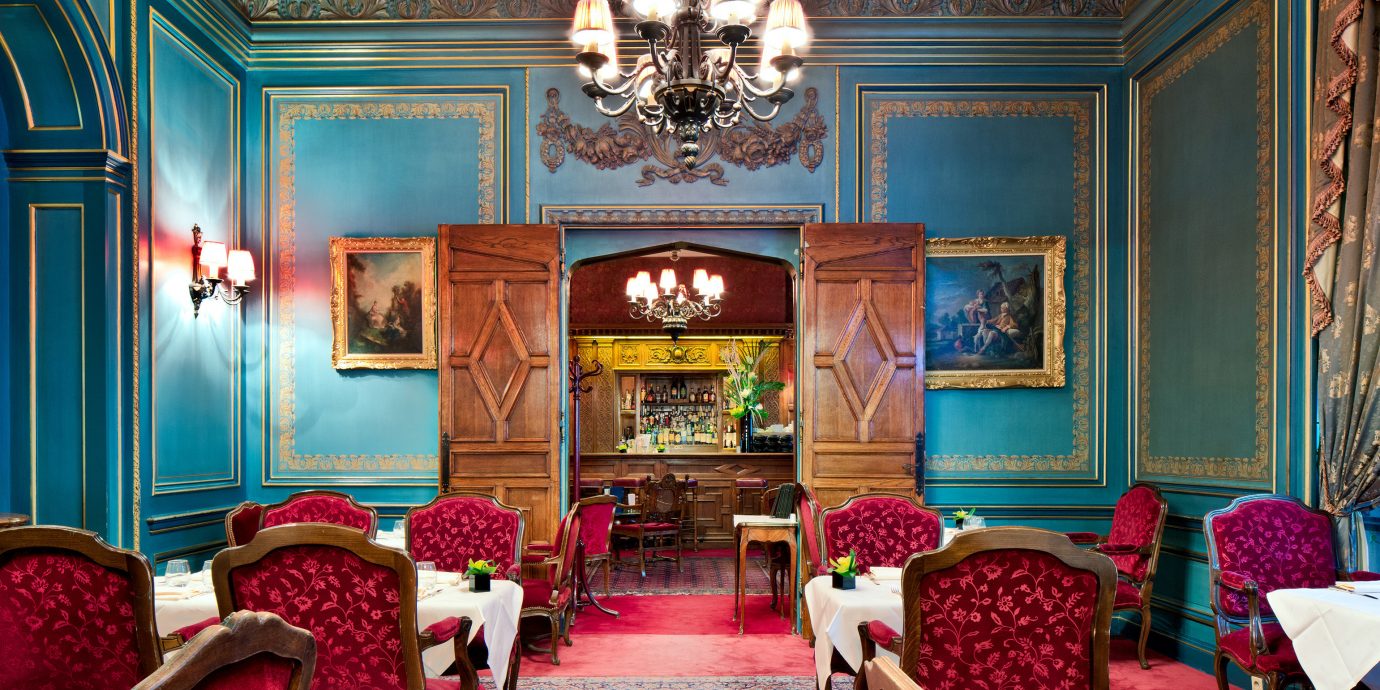Further to my Comedy or Drama dilemma, I have come up with the perfect solution!
Same concept but completely different stories – a drama for the screen and a comedy for the stage. So what are the main elements required to achieve this?
Without giving away the plot…
| SCREEN | STAGE |
| Various locations for story (flashbacks) | Mostly a single room setting |
| Cast for each story (flashbacks) | Main cast only |
| Length minimum 90 minutes | Length maximum 90 minutes |
| Awareness of suitable intervals for possible TV ad breaks | One interval approx halfway through play |
| DRAMA | COMEDY |
| Some intense action scenes | Possible slapstick included |
| Some humorous dialogue | Humorous dialogue |
I’ve even given the two scripts different names to reflect their respective genres (and so that I don’t confuse myself!). Comedy has the most difficult dialogue so it may take a while before I can show anyone the script. I thought I might offer it to local AmDram groups for free if they are interested (I know 4 or 5), to help fine-tune the ‘workable-ness’ of the whole play.
And, apart from readers of my blog, not many people will be aware of the two scripts being spawned from one original concept. This may be the kind of dream that many script writers have!
OK, time to write!










